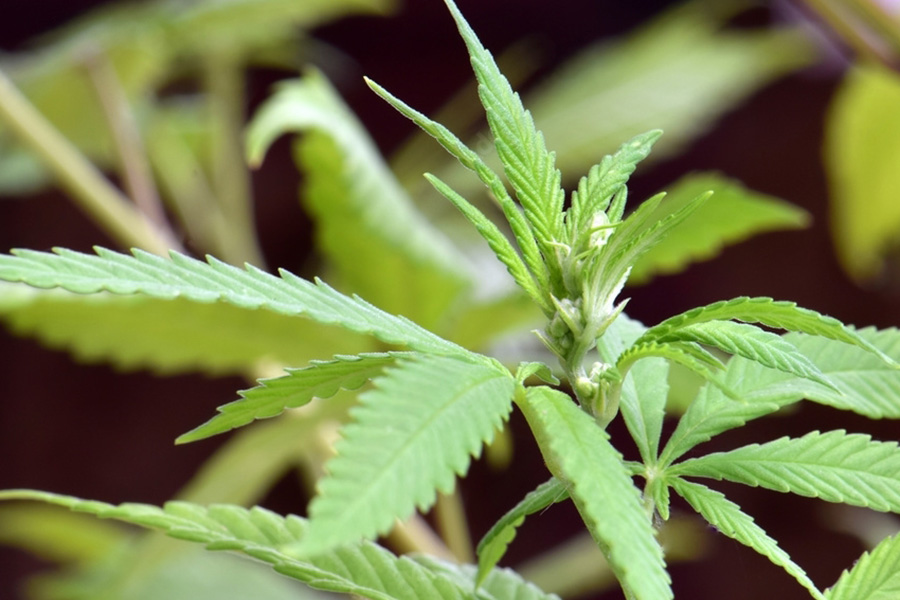Discover the risks associated with rogue pollen in cannabis cultivation and its potential impact on future cultivation. Learn about the phenomenon of pollen drift, ideal conditions for pollen travel, and the detrimental effects of thousands of male plants releasing pollen into the surrounding area.
Rogue pollen poses a significant threat to cannabis cultivation, leading to unintended cannabis seed production and potential future cultivation problems. In this blog post, we explore the risks associated with pollen drift, examine ideal conditions for pollen travel, and highlight the devastating impact of thousands of male plants releasing pollen into the environment.
How Far Can Cannabis Pollen Travel?
Pollen drift is one of the ways cannabis crops become seeded unintentionally. When outside pollen drifts into the cultivation area, it can lead to fertilization and the formation of unwanted seeds. Surprisingly, under specific conditions, reports indicate that cannabis pollen can travel remarkable distances, reaching up to 40 miles. Ideal conditions for pollen drift include flat topography, low humidity, and prevailing winds, creating an environment conducive to pollen dispersion.
The aftermath of the hemp market crash in certain regions has highlighted the severity of the rogue pollen issue. Fields abandoned by farmers, who originally cultivated non-feminized seed hemp, have essentially become naturalized and self-seeded. In regions like Colorado, fallow hemp fields now host thousands of male plants, which release pollen into the wind. It’s important to note that a single male flower can produce up to 350,000 grains of pollen, emphasizing the sheer volume of pollen that can be dispersed into the surrounding area.
The Impact of Rogue Pollen on Cannabis Cultivation
The consequences of rogue pollen in some areas are so dire that they jeopardize potential future cultivation. The excess pollen can lead to unintended fertilization of neighboring crops, negatively impacting yield, potency, and overall product quality. This issue highlights the need for effective strategies to prevent and manage rogue pollen in cannabis cultivation. By doing so, growers can protect future crops from the detrimental effects of unwanted seed production.
The risk of rogue pollen in cannabis cultivation is a serious concern that can adversely affect crop quality and future cultivation efforts. Therefore, understanding the phenomenon of pollen drift, ideal conditions for pollen travel, and the potential devastation caused by thousands of male plants releasing pollen is vital for growers. By implementing proactive measures to prevent rogue pollen and manage its impact, cultivators can safeguard their crops, ensure consistent quality, and contribute to the sustainable growth of the cannabis industry.
